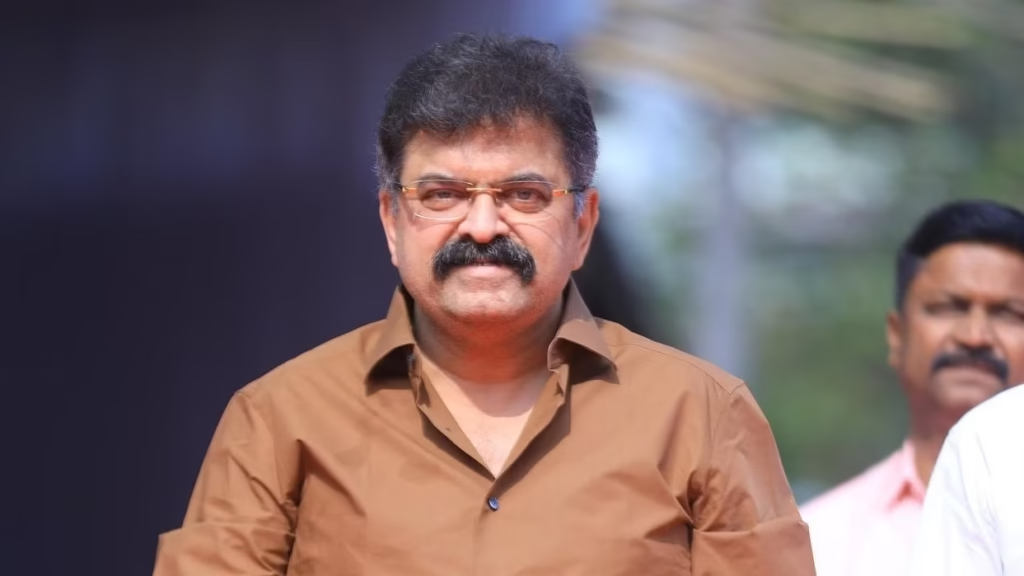
The “Halal vs Jhatka” debate in Maharashtra has resurfaced, this time centered around the introduction of the “Malhar” certification. This certification, launched by Maharashtra’s Ports and Fisheries Minister Nitesh Rane, is aimed at promoting Jhatka meat, which is prepared according to Hindu religious traditions. The Malhar certification ensures that meat is fresh, clean, and free from contamination, and it is exclusively available through vendors from the Hindu Khatik community.
Rane has urged Hindus to purchase meat only from Malhar-certified shops, emphasizing that this initiative is a step toward empowering the Hindu community economically. He also highlighted that the certification would ensure the availability of meat that aligns with Hindu traditions, contrasting it with Halal meat, which is prepared according to Islamic laws.
The move has sparked political controversy, with critics accusing Rane of stoking communal tensions. Opposition leaders, including those from the Congress, have dismissed the initiative as divisive and unnecessary. Some have argued that such measures could lead to further polarization in society. However, supporters of the certification see it as a way to provide consumers with more choices and to preserve cultural practices.
This debate is part of a broader trend in several BJP-ruled states, where campaigns against Halal meat have gained traction. The issue has reignited discussions about food practices, religious traditions, and their intersection with politics in India. The Malhar certification has also drawn comparisons to other initiatives, such as the “Om certification,” which was introduced to cater to Hindu traders near temples.
The controversy continues to unfold, with strong opinions on both sides of the argument. It remains to be seen how this initiative will impact the meat industry and the socio-political landscape in Maharashtra.


